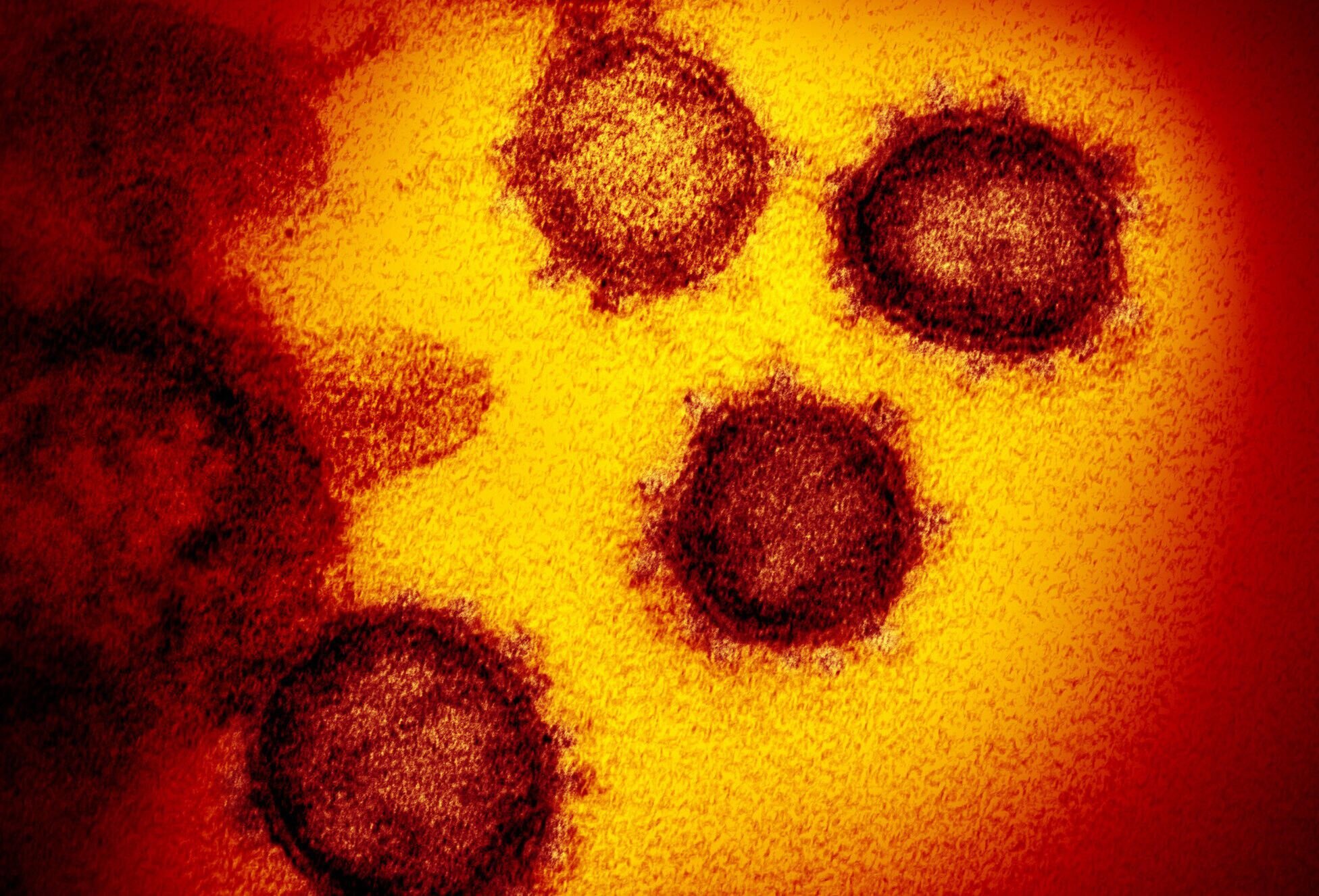In light of the first confirmed case of COVID-19 (or the coronavirus as it is more popularly referred to) here in Lagos, Nigeria, there is a heightened need for us to not only remain calm, but also take all the necessary precautions required to prevent any further spread of the disease. But in order to do so, it helps to have a solid understanding of precisely how it spreads, and what can be done to avoid it.
This is the precise information we intend to pass across in this blog post. So let’s dive in by answering some basic and frequently asked questions about the coronavirus.

What is a coronavirus?
Named for the crown-like spikes that surround them when viewed under a microscope, coronaviruses are a group of viruses that belong to the coronaviridae family. They typically affect the respiratory tracts of birds and animals, including humans. Like other viruses, they require a host for them to survive, but end up destroying those host cells in the process. This is what makes them deadly and potentially fatal.
Where did it come from?
The first reported cases of the virus originated from the city of Wuhan in the Hubei province of China, an area with more than 11 million people. Its Huanan Seafood Wholesale Market was particularly instrumental in the spread of the virus, even though it is claimed that the first reported patient had had no prior contact with food from the market. Since then, there has been more than 84,000 cases across 56 countries.
How does it spread?
The virus spreads when bodily fluids from an infected individual comes into contact with the eyes, nose or mouth of a non-infected individual. This could be directly through physical contact with the infected individual or the droplets released when that individual sneezes or coughs, or indirectly through objects the infected individual had come into contact with. The virus can survive for up to 24 hours outside of a host.
What are its symptoms?
Since it attacks the respiratory tracts, the coronavirus causes several symptoms that are similar to those exhibited by those suffering from the common cold. These include:
- Runny nose
- Sneezing
- Coughing
- Sore throat
- Fever
- Shortness of breath
- Breathing difficulties
Is there a cure?
Much like the common cold with which it shares several symptoms, there is presently no cure for the coronavirus. Health workers and scientist are already doing all that they can to bring an end to the disease, but it has been estimated that it could take as long as two years before they come up with a working vaccine. As such, all present attempts at treatment are focused on trying to mitigate its symptoms and further spread.
How can we reduce the risk of it spreading?
There are several things you can do to avoid getting infected or helping the infection spread. These include:
- Washing your hands regularly and applying hand sanitizers
- Covering your nose and mouth with a tissue whenever you sneeze or cough, and properly disposing of this afterwards. If you don’t have a tissue, then consider using your elbow as opposed to your hand
- Wearing a face mask, but keeping in mind that it doesn’t offer 100% protection
- Properly disposing of any face masks after they have been worn for a considerable stretch of time
- Avoiding the sharing of food, utensil, cups or towels.
- Avoiding touching your eyes, nose and mouth with unwashed hands
- Avoiding close contact with people who are displaying symptoms
- Avoiding crowded places like public markets and malls, especially in the event of an outbreak

And that is everything you need to know about the coronavirus. We hope we have been able to put some of your fears surrounding its ongoing spread to rest. Be sure to visit our Stay Safe store for everything you need to keep yourself and your loved ones safe from all manner of infections and disease.
